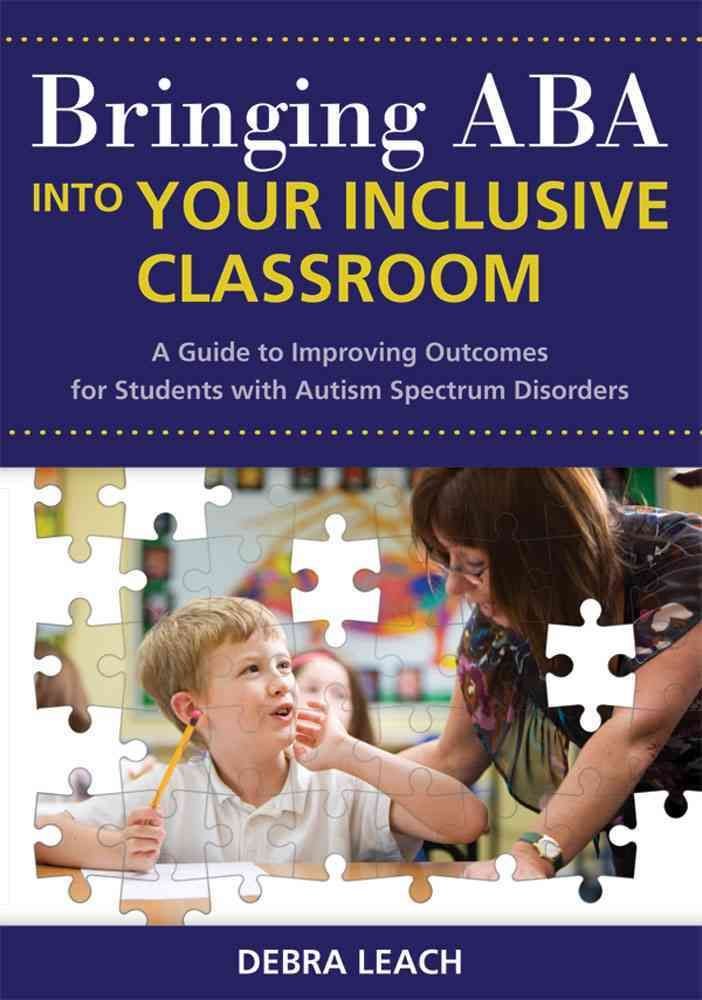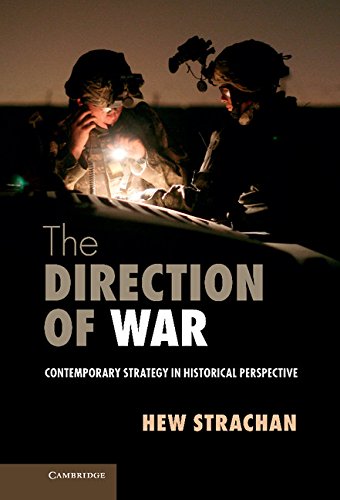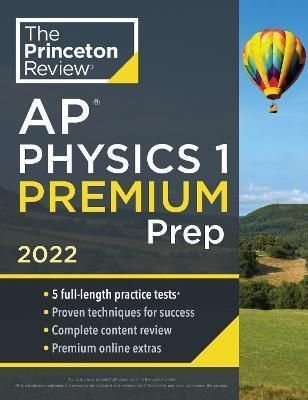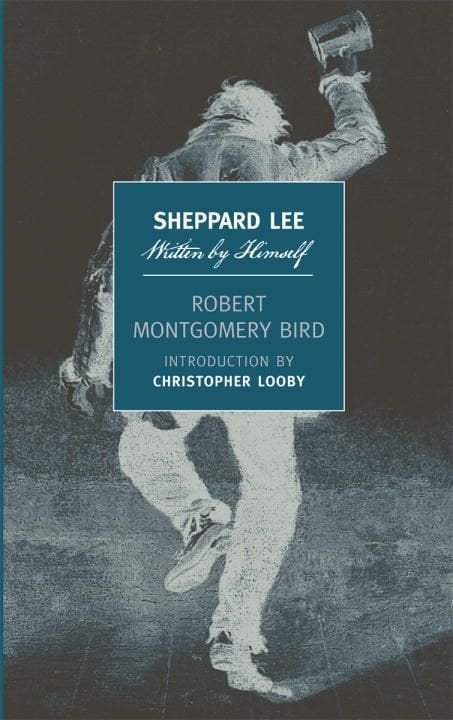Applied behavior analysis (ABA) is a highly effective, rigorously researched intervention for children with autism spectrum disorders?but most teachers don’t get the training they need to put it to work in their inclusive classroom. That’s why every K?12 educator needs this practical guidebook, packed with teaching plans and plain-English guidance on using ABA to improve outcomes for students with autism and behavior challenges. Teachers will start with a systematic, start-to-finish guide that demystifies the entire ABA process, from assessment and goal setting to data collection and analysis. Then they’ll get fifty sample teaching plans that clearly demonstrate how to use ABA to support students across social, communication, behavioral, academic, and independent functioning domains. Ready to adapt to the needs of individual students, these concise sample plans give teachers specific ideas for helping children develop critical skills such asparticipating in cooperative learning activities with peerstransitioning from class to class independentlyresponding positively to peer initiationsusing simple sentences to make requestsraising their hand to answer a questionwaiting for a turn during structured activitiesprotesting appropriately using a calm voice and positive languagecommunicating needs using augmentative communicationstaying in line and remaining quietusing the restroom without adult support Using concrete examples every teacher can relate to, the teaching plans show how to get results using a combination of effective ABA strategies, such as explicit instruction, positive reinforcement, prompting and fading procedures, video modeling, peer-mediated interventions, social stories, and self-monitoring tools. Teachers will also get helpful guidance on developing their own ABA teaching plans to resolve their students’ classroom challenges. With this much-needed blueprint for “quick and painless” ABA, teachers will have research-proven strategies for effectiv …












